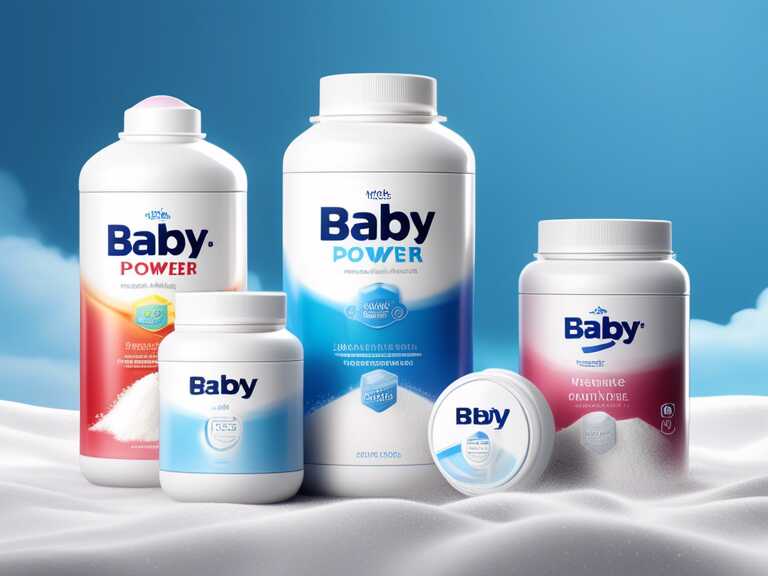
New Research Links Talc Powder to Ovarian Cancer
New research supports lawsuits alleging Johnson & Johnson's talc-based baby powder causes ovarian cancer, prompting reconsideration of talc product use.

A newly released study has reinforced the claims of more than 50,000 lawsuits against Johnson & Johnson, which allege that their talc-based baby powder has led to ovarian cancer. The study, published in the Journal of Clinical Oncology, was conducted by researchers from the National Institutes of Health and is based on data from the Sister Study, which involved over 50,000 women in the U.S. from 2003 to 2009.
The analysis uncovered an association between the application of talc powder to the genitals and ovarian cancer, with a stronger correlation observed among individuals who used the powder frequently or for extended periods. The participants, who joined the study between the ages of 35 and 74, had a sister previously diagnosed with breast cancer, putting them at a higher risk for breast or ovarian cancer.
Lawsuits and Company Denials
Legal action against Johnson & Johnson regarding their talc-based baby powder dates back to 1999 when the first lawsuit alleging a connection between the product and mesothelioma, a cancer caused by asbestos exposure, was filed. While J&J maintains the safety of its talc products and denies the presence of asbestos, thousands of claims have been made linking the use of their baby powder to ovarian cancer and mesothelioma.
Most of the lawsuits have been consolidated into a federal case in New Jersey, with a trial scheduled for December. J&J has made efforts to resolve the lawsuits through bankruptcy court, proposing a settlement of approximately $6.48 billion. However, such attempts have been unsuccessful as the courts dismissed the bankruptcy filings, stating that the subsidiary created by the company was not in financial distress.
The recent study, which inquired about the frequency of talc powder use on the genitals, particularly among women from different demographics, has raised concerns about the potential health risks associated with talc-based products. While J&J has transitioned to using cornstarch instead of talc in their baby powder, the debate over the link between talc and ovarian cancer is likely to be a focal point in the forthcoming litigation.
Consumer Awareness
The findings of the study have prompted experts to advise women to reconsider the use of talc products, emphasizing that there are no medically necessary reasons for their application. Notably, the vagina is designed to maintain its own cleanliness, and the use of powders or other products to alter its natural state is discouraged.
Organizations advocating for women's health have criticized companies like J&J for perpetuating the notion that women's bodies are inherently unclean, leading to the continued use of products that may pose health risks. Despite this, some women continue to use such products due to ingrained beliefs and familial influences.
Share news















